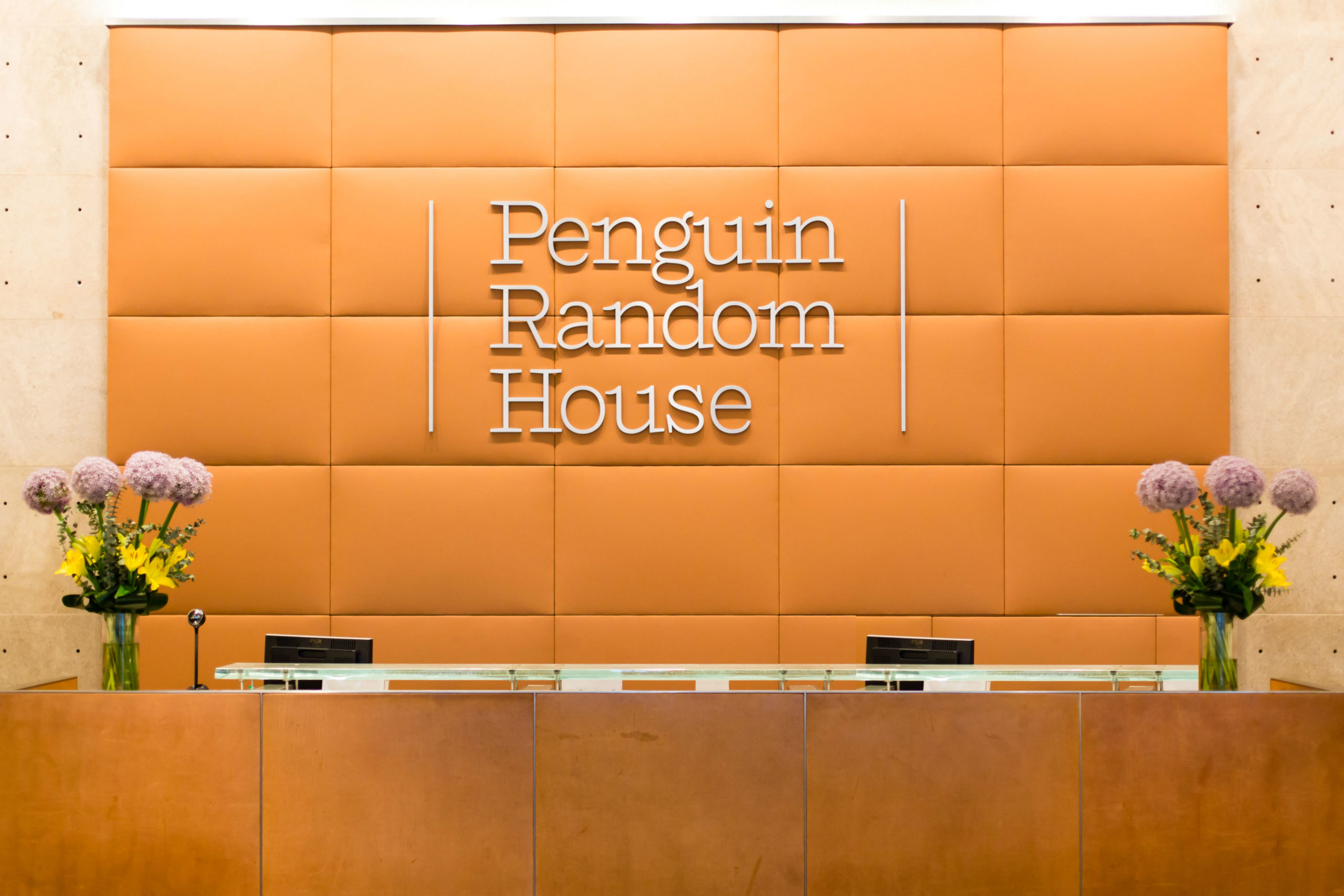
ViacomCBS has sold its 96-year-old publishing company, Simon & Schuster, to Penguin Random House for 2.2 billion dollars. Once the deal closes in January 2021, Penguin Random House is set to acquire 30,000 titles and become the world’s first megapublisher. Many are wondering what this means for the African literary market.
With the merger of Penguin and Random House in 2013, the newly formed Penguin Random House had already begun to dominate the publishing market. Having acquired both best-selling memoirs by Michelle and Barack Obama, the giant publishing house flourished during a pandemic while smaller independent publishers faced severe losses and closure. Their books are also taking most of the spots on best-seller lists. Reports show that in 2020, Penguin Random House books published 8 of the 20 best-selling print books of 2020 and that 216 of its books made the NYT best-selling list. In addition, they are “dominating all of the levers in publishing,” including distribution chains and other infrastructural aspects of the publishing industry.
But with this new merger, Penguin Random House will gain even more of the global literary market share, leading to what some see as legitimate concerns over Penguin Random House becoming a monopoly.
This has consequences for the African literary industry. African industry stakeholders already worry that most best-selling African books are published by the likes of Penguin, leaving less space for Africa-based independent houses to compete on the global space. This kind of merger is only going to further shrink the global market share of continent-based publishers.
As large publishing companies crowd smaller independent publishers out of the market, the diversity of literary works being published is also at stake. Alexander Alter of the New York Times explains that mainstream publishing companies are more likely to keep re-printing best-sellers rather than take risks on new authors. He reflects in his recent article,
The books make money, but the trend is worrying. Every dollar plowed into printing and marketing older titles comes at the expense of discovering and promoting new writers, causing a sort of slow stagnation of literary culture.
Thanks to Penguin, Chinua Achebe, Ngũgĩ wa Thiong’o, and Tayeb Salih will always been in print, and there will always be the handful of contemporary, more established writers who enjoy global visibility. But a thriving literary market depends on publishers who are willing to take risks on new voices. That’s where small, indie publishers come in. They make space for writers who might not readily appear commercial to larger publishers. They take a chance on writers doing interesting things, pushing boundaries, experimenting, and so on.
The continuing expansion of these west-based publishing houses might, thus, frustrate the efforts of independent publishers, especially those based on the continent, to introduce new voices in the global literary market. In addition to cutting off Africa-based publishers entirely from the global stream of books, publishing monopolies also make the literary landscape less interesting. Without diversity and competition, readers get more of the same and authors have less and less power to fight for fair advances and deliver their creative works to a global audience.
The Authors’ Guild, an organization for advocating for authors’ rights, strongly opposes the sale of Simon & Schuster to Penguin Random House and implores the Justice Department to review and halt the deal.
Click here to read their statement.









COMMENTS -
Reader Interactions